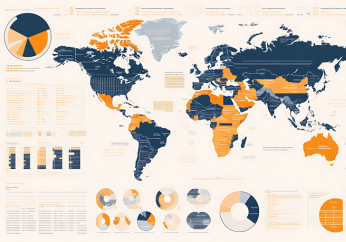
Christians need to adopt the posture of the exile and dissident when joining God's mission
North America, and much of the Western world, is at a cultural inflection point, and many are hungering for something more humane, expansive, and full of light. Jesus calls his followers to show the way, to make the radical choice to walk his narrow path to meaningful fulfillment, but our churches and missions seem only interested in superficial change. That will not do. We must learn afresh what it means to be exiles and dissidents.











